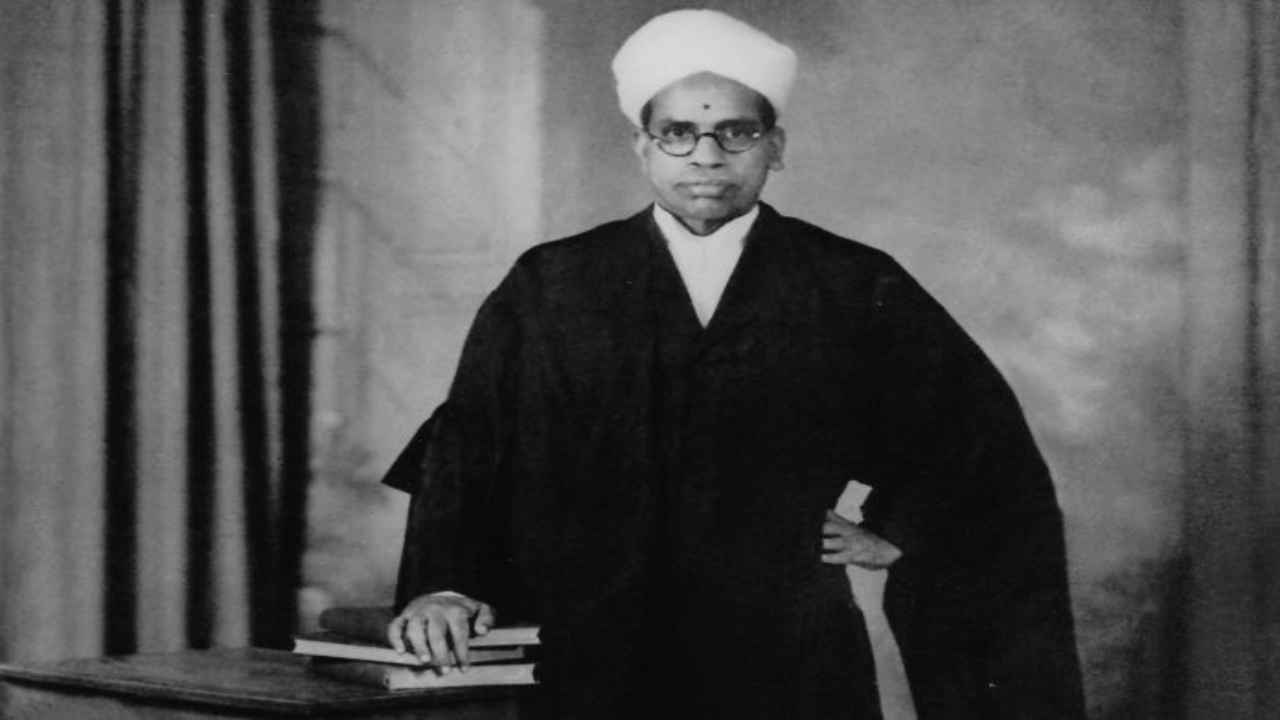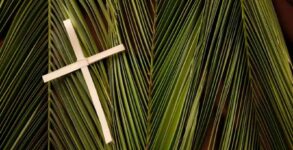Remembering Alladi Krishnaswamy Iyer: Dewan Bahadur Sir Alladi Krishnaswamy Iyer (14 May 1883 – 3 October 1953) was an Indian lawyer and member of the Constituent Assembly of India, which was responsible for framing the Constitution of India. He also served as the Advocate General of Madras State from 1929 to 1944. Noted neuroscientist Vilayanur S. Ramachandran is his grandson.
Alladi Ramakrishnan, an Indian physicist and the founder of the Institute of Mathematical Sciences (Matscience) was his son.
Alladi Krishnaswamy Iyer’s Early life
Alladi Krishnaswamy Iyer was born in 1883 to a Tamil Brahmin Family in the small village of Pudur in Madras State (present day Nellore district of Andhra Pradesh). His father, Ekamra Sastry, was a priest. Krishnaswamy passed his matriculation examination in 1899 and joined the Madras Christian College to study history. Alladi used his spare time to attend classes in law and passed the B.L. exam and became one of the leading members of the bar. He was made a Dewan Bahadur in 1930 and was knighted in the 1932 New Year Honours List. He was married to Venkalakshmamma.
He was the Advocate General of the Madras Presidency from 1929 to 1944. He played a major role in drafting the Constitution of India.
Role in Constituent Assembly
The main architect of the Indian Constitution, B.R. Ambedkar, who also chaired the constitution’s drafting committee, credited Alladi’s contribution: “There were in the drafting committee men bigger, better and more competent than myself such as my friend Sir Alladi Krishnaswamy Iyer.” When the Constituent Assembly adopted the principle of universal adult franchise, Shri A.K. Iyer, a member, remarked that this was done, “with an abundant faith in the common man and the ultimate success of democratic rule, and in the full belief that the introduction of democratic government on the basis of adult suffrage will bring enlightenment and promote the well-being, the standard of life, the comfort, and the decent living of the common man”. He was a part of nine committees including: Drafting Committee and Advisory Committee. In the Constituent Assembly he defended suspension of certain political rights in circumstances of national crisis.
Alladi Memorial Trust
Alladi Memorial Trust was founded in 1983 by Alladi Kuppuswami to commemorate the birth centenary of his father Alladi Krishnaswamy Iyer. It is aimed to help poor litigants, lawyers and students of law and for helping in the administration of justice. Alladi Memorial Lectures are delivered every year on issues relating to the Indian Constitution. The lecturers included V. R. Krishna Iyer, Y. V. Chandrachud, P. C. Rao, Pavani Parameswara Rao, Nandita Haksar, Rama Devi and M. Jagannadha Rao.
Acceptance of Constitution
For Ayyar, the true test of the Constitution’s worth lay in the hands of India’s laymen. In his first lecture after the Constituent Assembly disbanded, he was pleased to note that voters thronged throughout the country.
“The recent elections based on universal suffrage in which a majority of the adult population of India, men and women, literate and illiterate, properties and non-propertied, have taken part with enthusiasm and unexampled orderliness a circumstance which has elicited the admiration of foreign observers and critics have demonstrated, if any proof was necessary, the acceptance of the Constitution by the people of India as a whole.”
Ayyar’s involvement in the Constituent Assembly was an interlude in his profession as a lawyer, which he returned to after the Assembly dissolved. Despite his considerable fame, he continually refused opportunities that would elevate him to a Judge.
He died on 3 October, 1953, in Chennai, leaving behind the home he built in 1919, Ekrama Nivas, where generations after him continued to live.


















